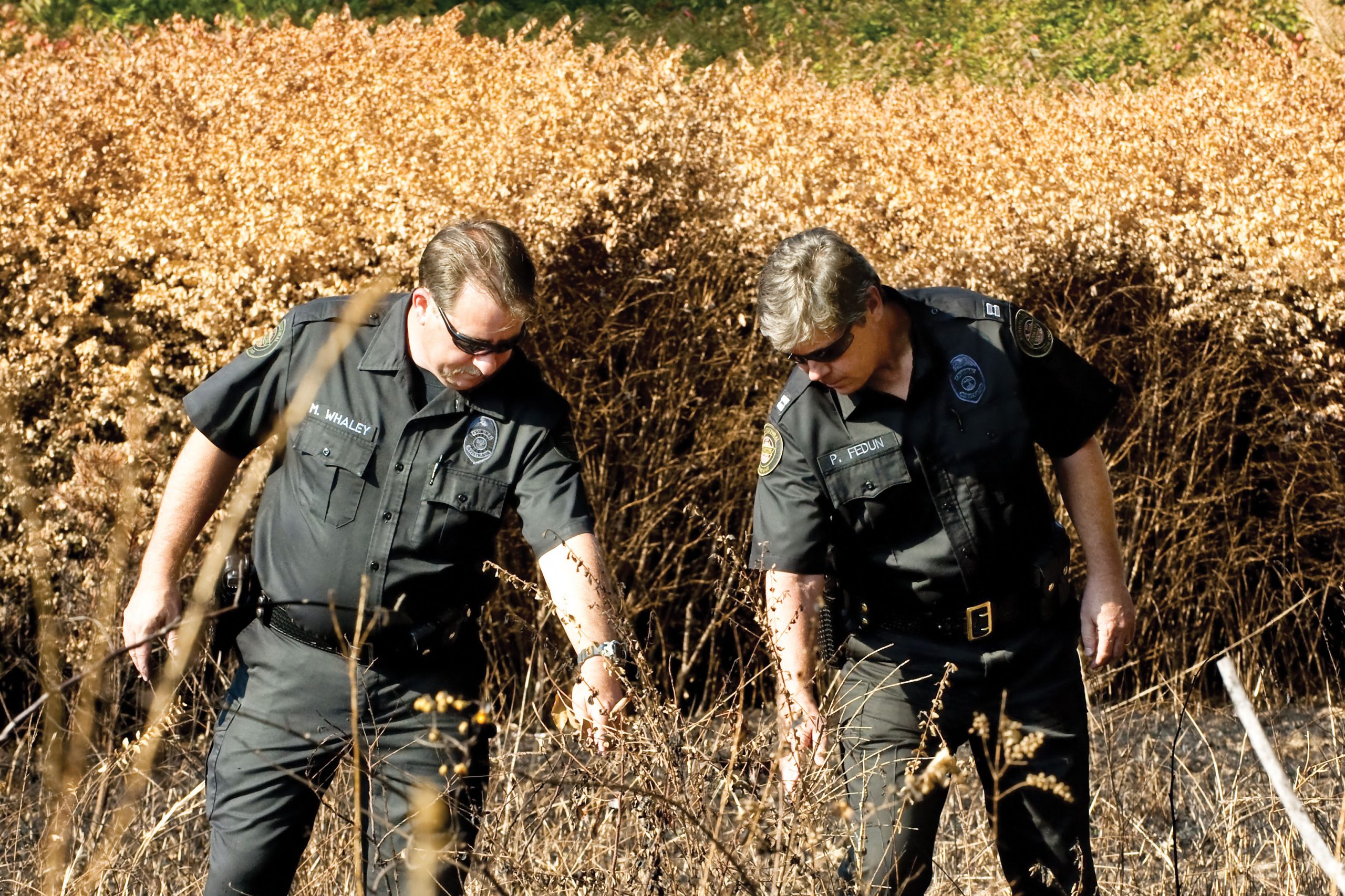Home > Tennessee > Tennessee Farm to Table > Agriculture Crime Unit Works With Farmers to Ensure Rural Safety
Agriculture Crime Unit Works With Farmers to Ensure Rural Safety
In partnership with: Tennessee Department of Agriculture

As chief investigator for the Agricultural Crime Unit, Max Thomas leads a team that covers a lot of territory. With responsibilities for investigating everything from livestock theft to wildfire arson in 95 counties and 14 state forests in Tennessee, the nine investigators in his unit are on the front lines of ensuring the safety and security of rural communities in the state.
“We’re a small group with a large job to do,” Thomas says. “We collaborate with local law enforcement to help solve farm animal and farm equipment theft. We handle all crimes that occur in the state forests, and we inspect trucks carrying livestock to be sure they’re in compliance with state health regulations. Our unit also is responsible for investigating wildfire arson.”
In fact, the wildfire arson cases represent the bulk of the investigators’ work. Thomas says that of the 600 crimes the unit investigated in 2010, nearly 65 percent of them were arson related. The team’s expertise and specialized training, primarily from training at the FBI academy in Georgia, have paid off for the people of Tennessee.
“We have reduced the number of arson cases almost in half over the past 10 years,” Thomas says. He attributes that success to “diligent investigations, making arrests and publicizing the cases and the results,” which deter would-be arsonists. In fact, the Ag Crime Unit has been recognized nationwide for its expertise and innovation in wildfire arson investigation, having received the National Smokey Bear Award and recognition from the International Association of Arson Investigators.
Expect the Unexpected
Although the unit considers no crimes routine, there are some that can make even the most seasoned investigators shake their heads, explains Thomas, himself a 28-year veteran of the state’s Department of Agriculture.
For instance, the state’s forests have been the scenes of crimes against unexpected victims.
“There are forgotten cemeteries in the state forests where people from the mid to late 1800s are buried,” Thomas says. “We’ve had to investigate cases where criminals using metal detectors have vandalized these cemeteries searching for the swords and belt buckles of the Civil War veterans buried there.”
That’s why the Ag Crime Unit is trained to expect the unexpected.
“Our training and experience, plus our focus on building relationships in the communities, help keep the rural areas safer,” Thomas says.



